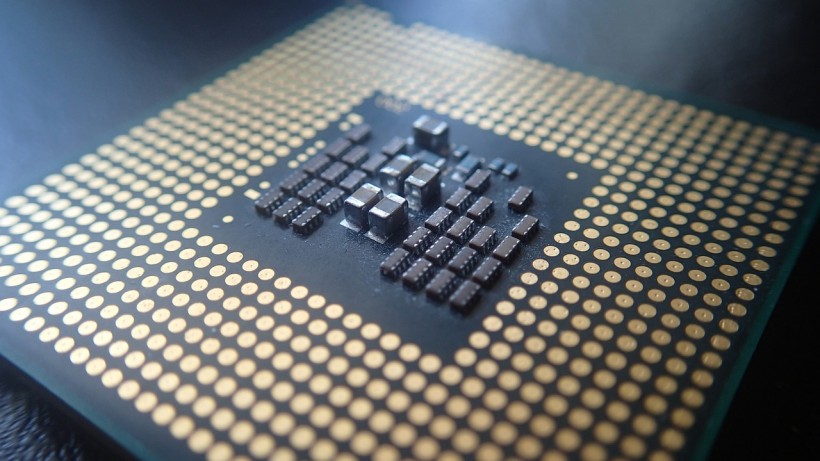
In the world of computer processors, there's big competition between three major companies: AMD, Intel, and Nvidia. Each of these brands has its own strong points and loyal fans, and they're all trying to be the best in the business. So, which computer processor is really on top? Let's take a look using this comparison tool and see how these processors stack up against each other.
AMD: The Rising Challenger
AMD was perceived as the underdog in the processor arena not long ago. However, with its recent Ryzen series, AMD has made a spectacular comeback. These CPUs, known for their high core and thread counts, offer exceptional multitasking capabilities and impressive gaming performance. AMD's strategy has been to provide more for less, targeting budget-conscious consumers and performance-seeking enthusiasts.
But it's not just about quantity. AMD has significantly improved its architecture, reducing power consumption and boosting efficiency. This progress positions AMD as a formidable contender in the CPU market, challenging the long-standing dominance of its rivals.
Intel: The Established Leader
Intel has long been a big name in processors and holds a significant market share. Their Core series, especially the i5 and i7 models, are household names, revered for their reliability and performance. Intel's strength lies in its mature architecture and optimized software compatibility.
Despite facing stiff competition, Intel keeps improving its processors. The company consistently upgrades its technology, focusing on higher clock speeds and advanced features like integrated AI capabilities. However, Intel's higher price points and incremental improvements often draw criticism, especially compared to AMD's aggressive innovation.
Nvidia: The Dark Horse in the CPU Race
Traditionally known for its dominant position in the graphics card market, Nvidia has only recently started making CPUs. Nvidia's approach is different; they focus primarily on AI and deep learning applications with their CPUs. For example, Nvidia's technology is used in self-driving cars, showing that their processors are good for more than just regular computer tasks.
While Nvidia may not yet be a direct competitor to AMD and Intel in general-purpose computing, their specialization in AI and machine learning positions them uniquely. This approach might take time to attract the average consumer, but it lays the groundwork for future technologies where Nvidia could become an indispensable player.
Who Wins?
Determining a clear winner in the AMD vs. Intel vs. Nvidia battle is challenging. Each brand excels in different areas, making them suitable for various needs and preferences.
-
For Budget-Conscious Multi-Taskers: AMD shines here. Their processors offer excellent multi-threading capabilities and more cores at a lower price point, making them ideal for users who need to juggle multiple tasks without breaking the bank.
-
For Performance Seekers: Intel remains a solid choice. Their latest CPUs offer unmatched speed and efficiency, making them perfect for high-end gaming, professional video editing, and other intensive tasks.
-
For the AI Enthusiasts: Nvidia is the go-to. Their focus on AI and deep learning integration in their chips makes them ideal for cutting-edge applications in these fields.
The battle between AMD, Intel, and Nvidia is good news for consumers. It pushes these companies to keep coming up with new and better stuff, and it means we have many different options. Whether you're trying to save money, want the best performance, or are excited about future tech like AI, there's a perfect processor. The best part of this competition is that you will have the option to compare CPUs and pick a great option. As these tech giants continue to evolve and challenge each other, you can only expect more advancements in the world of processors.
* This is a contributed article and this content does not necessarily represent the views of sciencetimes.com



![Humans Will Go Extinct on Earth in 250 Million Years; Mass Extinction Will Occur Sooner if Burning Fossil Fuels Continues [Study]](https://1721181113.rsc.cdn77.org/data/thumbs/full/53373/89/56/50/40/humans-will-go-extinct-on-earth-in-250-million-years-mass-extinction-will-occur-sooner-if-burning-fossil-fuels-continues-study.jpeg)










